Feature
30 years on, Rwandan diaspora in Belgium finds unity in dance
Rwandans who sought sanctuary in Belgium 30 years ago are finding comfort in their native culture, while feeling at home in Europe.
"The fact a child, who was born in Belgium and who has never been to Rwanda, can sing in Kinyarwanda and can understand the meaning of their song, for me, this is our greatest accomplishment", said Gabriel Dushimire, who helped organise "Inyange" - a sell-out Rwandan music-and-dance festival at the Cirque Royale theatre in Brussels on 23 November.
"Inyange" means "heron" and the show's female dancers emulated the "grace and beauty" of the bird in their fluid movements and long arm extensions, Dushimire said.
The male dancers, who stamped their feet to fast percussion and leapt into the air, showcased their athletic prowess - one of the dances was "like a Rwandan Haka [a Maori war-dance]," he said: "They are preparing for war and showing the king their bravery and strength".
Belgium is home to some 30,000 people of Rwandan origin (according to informal estimates), in what is the central African country's largest diaspora community in the world.
Some 14,800 of them were formally registered as being born in Rwanda, according to Belgium's statistical office, Statbel.
Some 300 Rwandans a year were also newly becoming Belgian and EU citizens, Statbel said.
Most of them live scattered in small towns in the Flanders region in northern Belgium and many of them, including Dushimire, came to Europe as infants in the wake of the 1994 genocide.
They seldom gather in large numbers, but 1,800 mostly Rwandan people came to the music show.
And while the war bitterly divided Rwanda's Hutu and Tutsi ethnic groups, 30 years later events such as the festival were helping to put that history in perspective and to focus on what unites Rwandans instead — their language and culture.
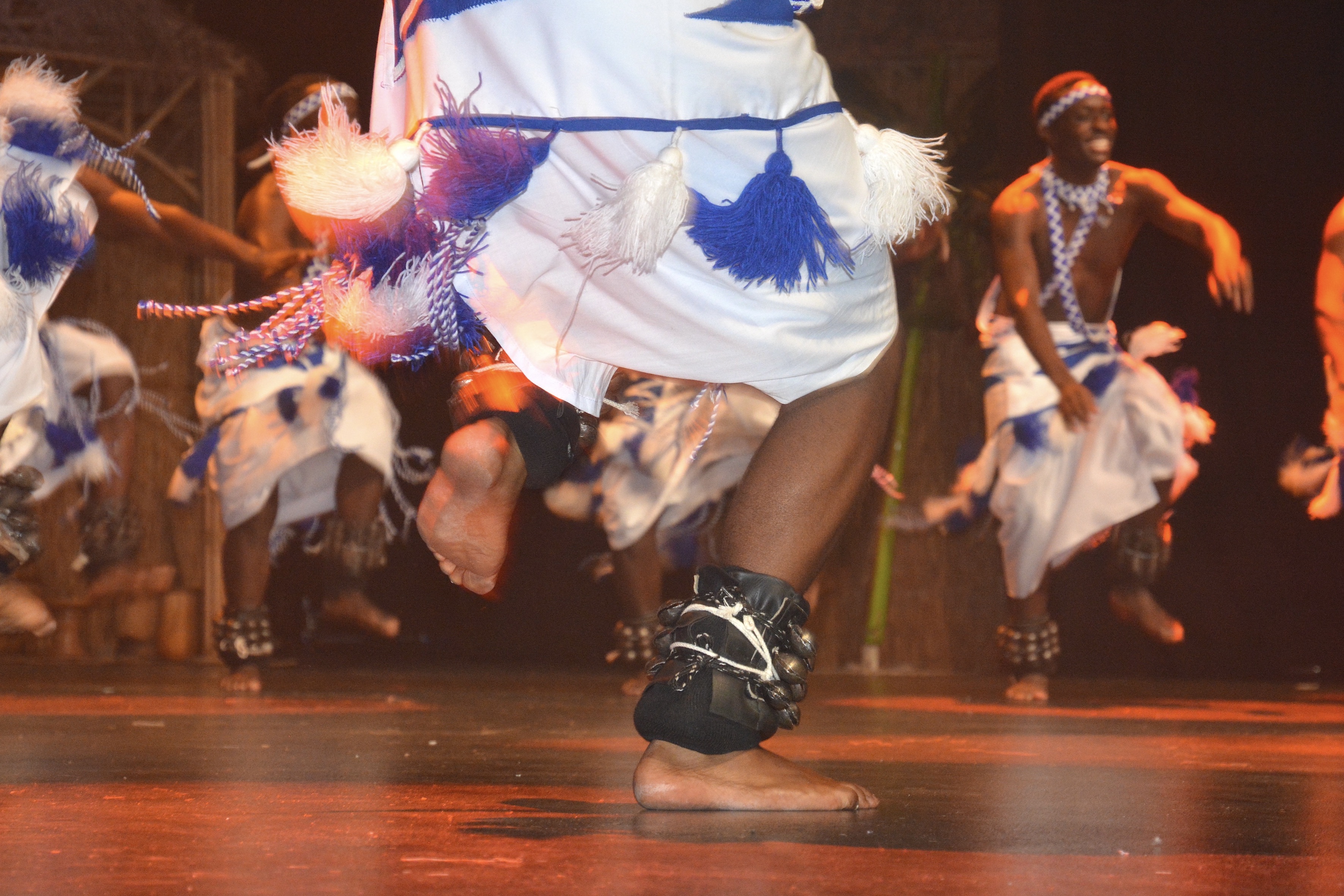
The Inyange show was staged by a Brussels-based volunteer group of the same name, which also gives language classes.
"In Kinyarwanda we say: 'Ururimi ni inkingi y'umuco'. It means: 'Language is the backbone of culture'," said Pascaline Nzasingizimana, one of the show's dancers.
And for Dushimire, who is an Inyange volunteer, the festival was meant to show that "we [Rwandans] have one country, one beautiful culture which we want to keep alive, which we're very proud of … so that we can move forward, without forgetting the past".
It "was a place where everybody could come without feeling any division - to remember we are one people", he said.
Both the audience and the dance troupe were of mixed ethnicities and "we are very proud of this", he added.
Natacha Abingeneye, a Belgian-Rwandan who also danced in the show, said: "We don’t have a Matongé [a famous Congolese district in Brussels]. We don't normally have a place where we can all come together".
Meanwhile, Inyange's play told a poignant tale for any emigrant.
In its story, a monster attacked a village, there was a food shortage, and a family feud.
A young couple moved overseas to start a new life, but they longed to see relatives they left behind.
The monster, which was portrayed by a male dancer with a veiled head, "symbolises the unknown, it has no face, because it has no particular meaning", said Dushimire.
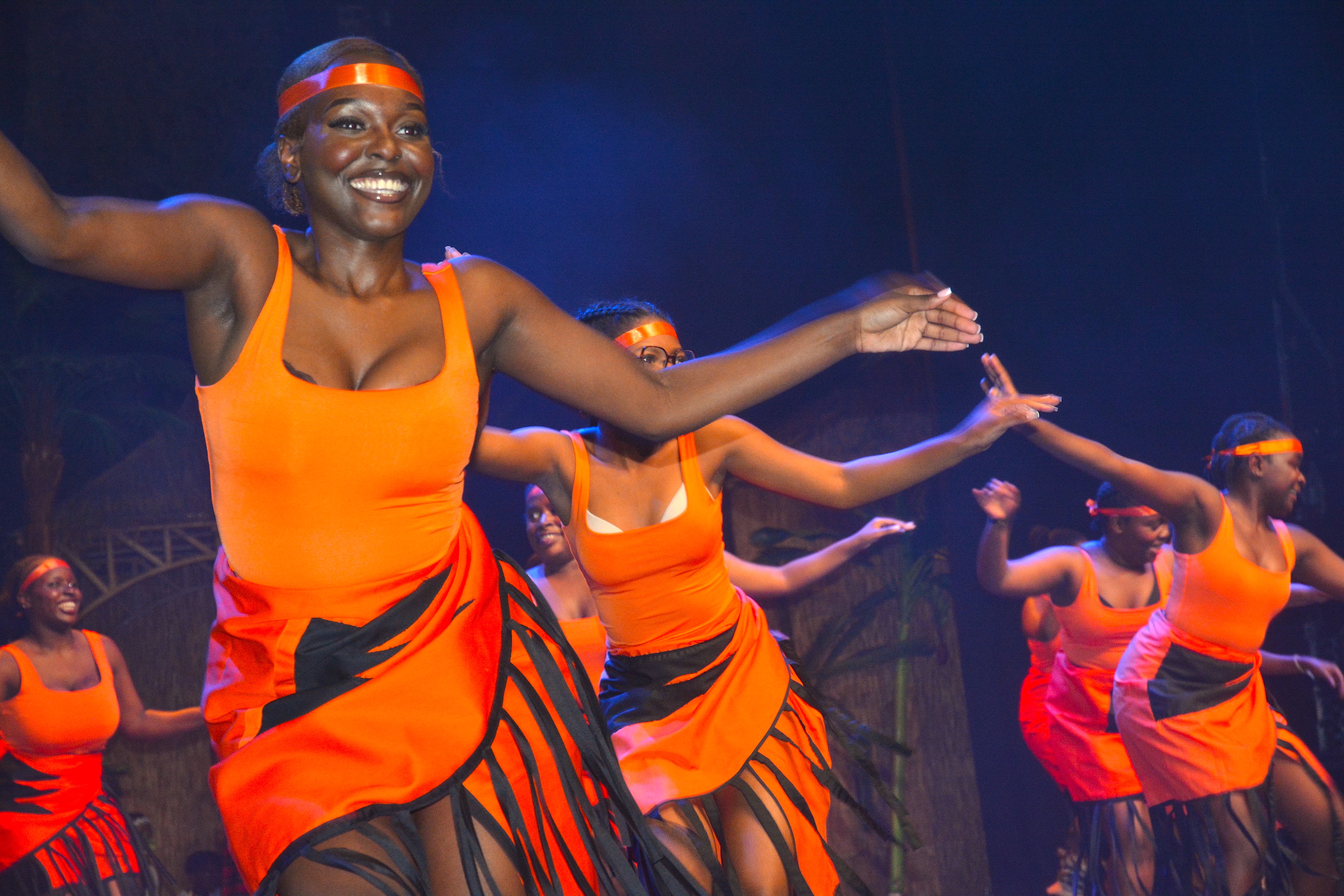
Nzasingizimana said her favourite song told the story of the exiles' journey from Africa.
"It was very, very moving. It's important that parents tell children their history - these stories are key for the children to accept their double identity - born and raised in Belgium, but originally from Rwanda," she said.
In another scene, a woman dreamed of being reunited with her daughter.
"I wish this dream [family reunions] would come true one day for all Rwandans in their countries," Nzasingizimana said.
"I think Inyange is very important for the Rwandan community in Belgium and even outside Belgium," she said.
E.H., a young male dancer who was born in Rwanda, felt the same way.
"l have been hooked ever since I joined [Inyange] in 2005," he said.
"l had few Rwandan friends in my immediate circle [in Belgium], so this was a way to get closer to people of the same age as me, with whom l share a history," he added.
Nzasingizimana, who was also born in Rwanda, said: "Since I was young, I've always loved Rwandan traditional dance. I used to dance in Sunday mass when I was a little girl".
In one of her Inyange dances, she portrayed "a good, marriageable girl", she said.
"This song had incredible choreography, costumes, the girls with such grace, smiles - it was truly delightful to watch," she added.
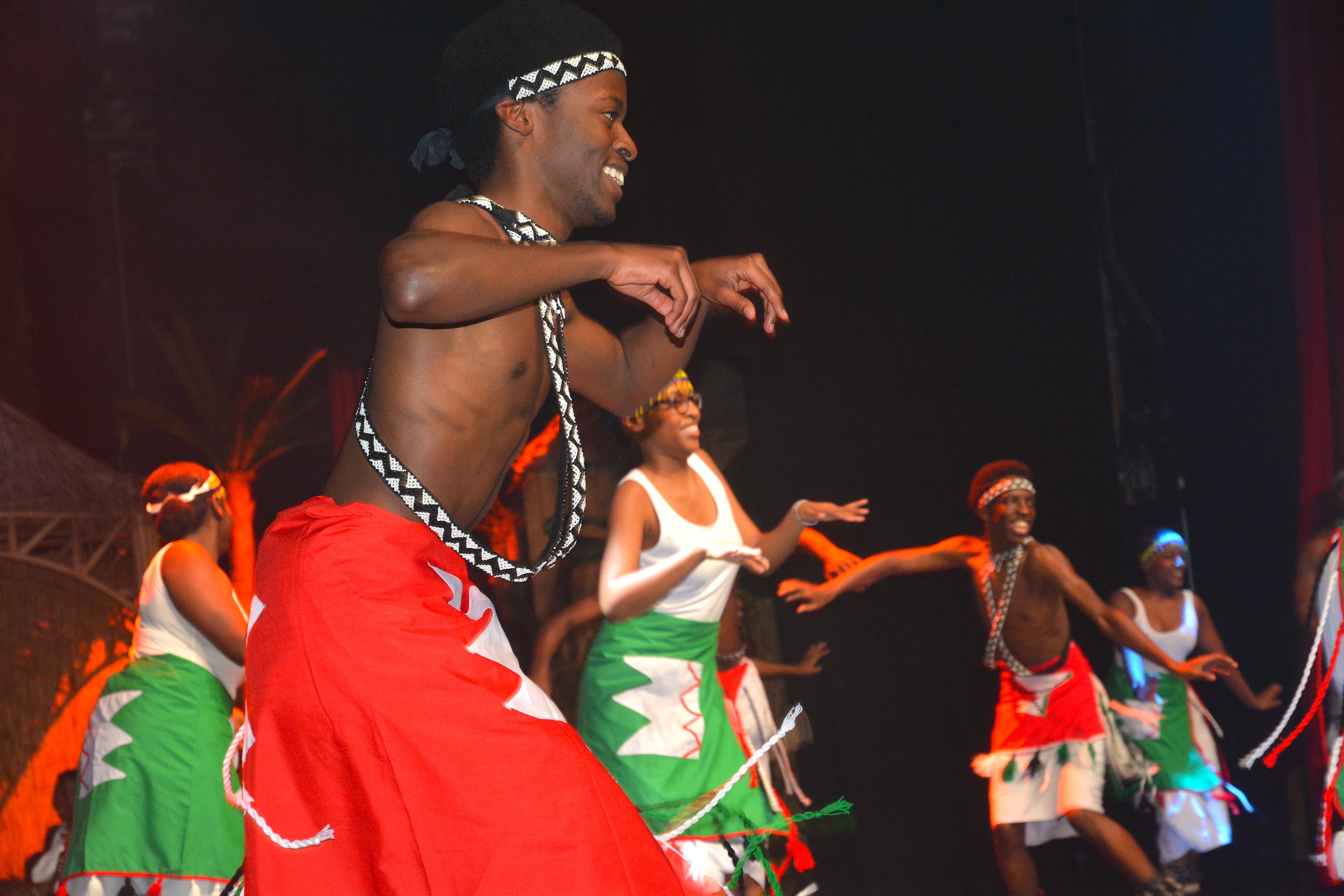
The experience of Rwandans in Belgium is just one of many emigrants' stories in Europe in a time of growing far-right populism.
But for his part, Dushimire said the vast majority of ordinary Belgians had given his family a warm welcome.
Dushimire is a Belgian citizen who works in HR recruitment and who lives in the countryside near the town of Namur.
He speaks fluent English, French, and Kinyarwanda, while his two children also speak some Flemish.
"I have to say, the racism I saw, for instance when looking for work or accommodation, was only from a few ignorant people. I never took it personally. It didn't affect me much," he said.
"A piece of me knows I'm not fully from here [Belgium], first of all, because of the colour of my skin, but for all my life, I felt like Belgium is my home, where I belong," he added.
"My friends are Belgians from different backgrounds, like Portuguese, Chinese, and Italian-Belgian — it's a very diverse place," he said.
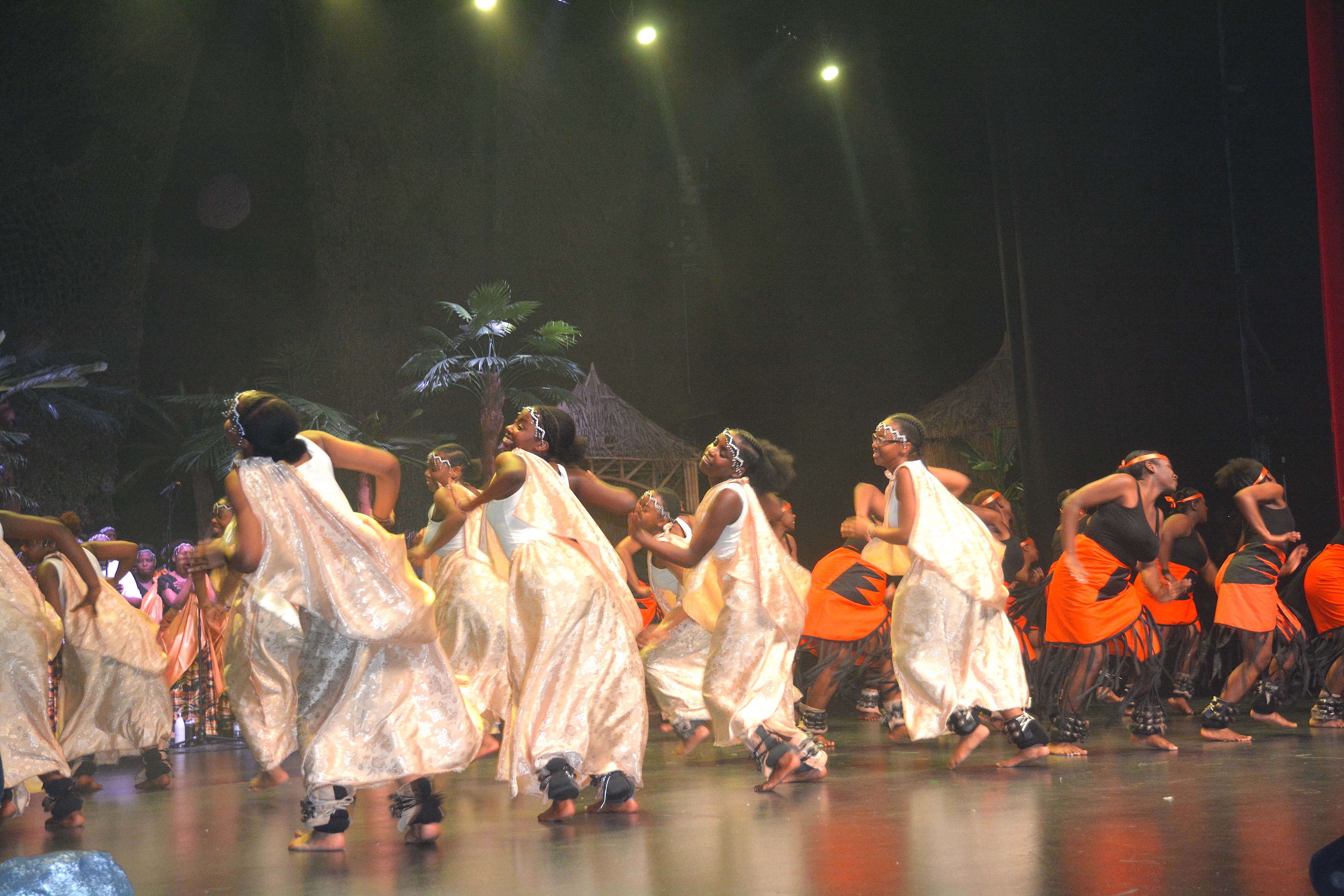
Abingeneye, who is a mother, a business consultant, and a human-rights activist from the small Flemish town of Aalst, also voiced comfort in her mixed identity.
"I feel deeply European ... I am split into Rwandan and European, but I'm very grounded in Aalst," she said.
When asked about her hopes for the future, Nzasingizimana said: "I'm looking forward to be more involved in passing on our beautiful Rwandan culture to younger generations".
E.H., the male dancer, said: "In my personal life, l would like to build a family and if, God willing, l have children, l would like to bring them into Inyange".
"As for my goals, l don't see anything standing in my way," he said.
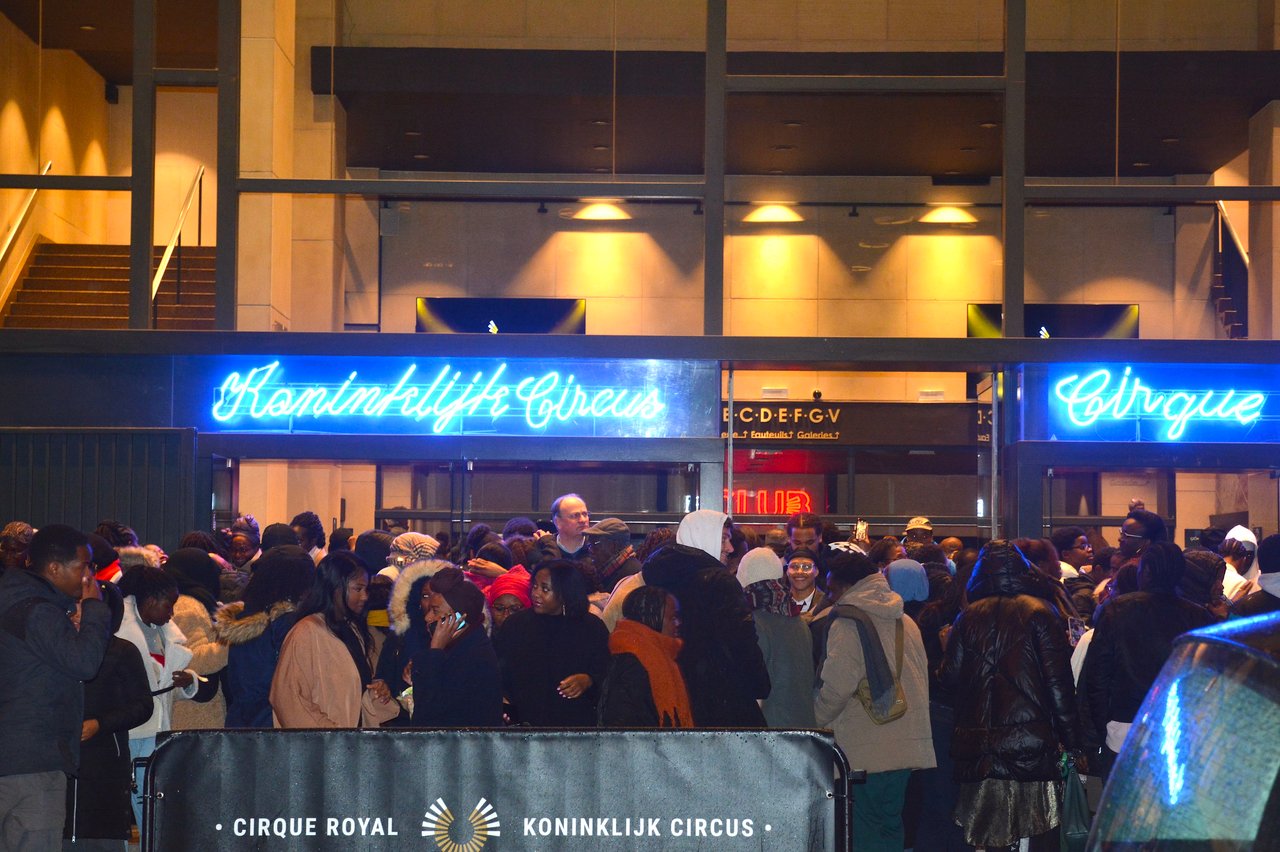
Author Bio
Andrew Rettman is EUobserver's foreign editor, writing about foreign and security issues since 2005. He is Polish, but grew up in the UK, and lives in Brussels. He has also written for The Guardian, The Times of London, and Intelligence Online.